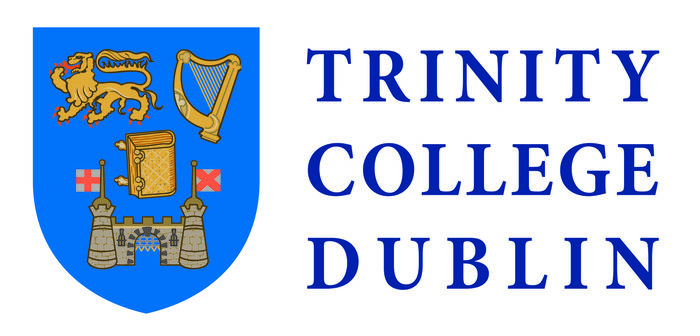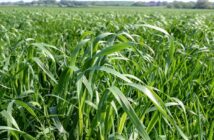Scientists of the European Research Project TRUE (TRansition paths to sUstainable legume-based systems in Europe) have drawn attention to the inter-linkages in our food system between better nutrition and a lower agricultural impact on the environment. The increase of growing and consuming legumes in Europe would be a contribution of improvement for worrying problems in the world such as hunger and global warming. The TRUE study scores dietary protein sources in terms of both their environmental cost of production – greenhouse gas emissions, groundwater pollution and land requirement – and their nutrient content.
“In all cases plant protein sources, including legumes like peas, beans and lentils, show the highest nutrient density and the lowest environmental production costs”, says Professor Mike Williams of Trinity College Dublin. “For example, peas have a nutrient density to environmental footprint ratio approximately five times higher than equivalent amounts of lamb, pork, beef or chicken. In other words, you receive more nutrients per portion of peas at less of an environmental cost.”
These Initial results come from the TRUE project in a study conducted by students Shauna Maguire and Conor O’Brien from Trinity College Dublin, under the supervision of Professor Mike Williams.
Applying these environmental and nutritional indices to a range of diet scenarios, the Irish researchers have calculated the benefits that occur in terms of reduced greenhouse gas emissions and increased nutrient densities where the proportion of animal protein consumed is reduced.
“Such quantitative estimates of sustainable food and agriculture will hopefully allow a more informed choice for consumers when considering the main protein component of their diet”, notes Professor Williams.
Alicia Kolmans from the Research Centre for Global Food Security and Ecosystems at the University of Hohenheim in Germany is responsible for the knowledge exchange and communication part of the TRUE project: “These first results are an important orientation for European consumers and decision makers considering the risks to society emerging from the global increase in animal protein consumption. These risks include growing environmental problems and increased food insecurity due to the competition between food and feed on global fields.”




